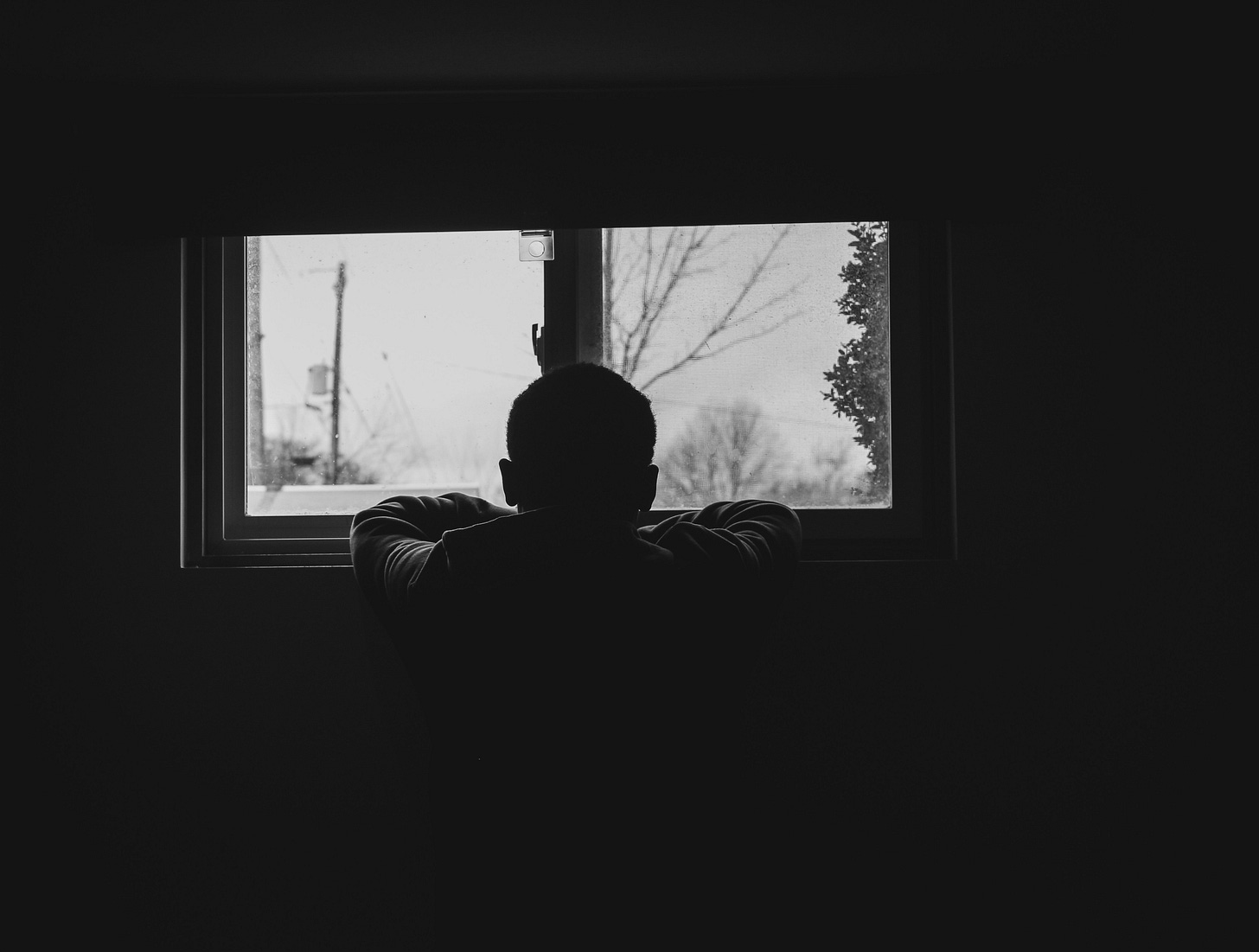The Slow Theft of Joy
Pt. 1 - understanding the shape and curse of cynicism
There is something in the air. Do you sense it? It has shot out its tendrils and attached itself to the very ethos of our world and way of thinking — a silent virus that plagues our faculty of perception and has distorted reality. It is the slow theft of joy, the plundering of the riches where there is no longer found the source or ability to dance, sing, and give. It is the unannounced arrival of a darkened fog that becomes a heavy veil draped over the eyes of the heart. It is a type of death that only the living can experience; the hollowing out of wonder that creates the vacancy of belief. It is the wind of suspicion that starts as a gentle breeze and grows to ravage and ruin its victims, sucking them ever inward, like the violent pull of a black hole. It is called cynicism. And it is a cancer to the soul.
We can’t seem to help ourselves. Something about being cynical feels good to us, like we possess a greater safety, shielded from the dangers of pain and lies and childish things. We have been hurt before and so we swear never to be hurt again. We build up walls and fortify ourselves from the perilous threats of this world, and yet unknowingly, we hurt and wither all the more because of what our high walls do not let in — namely light, beauty and love. To carry it within us is to harbor a growing distrust and suspicion towards the world. In this state, we cannot receive things for what they simply are. No. It cannot be that easy. We must judge, evaluate, calculate and critique. This is its downfall. It flourishes in a constant and chaotic state of unraveling - the pulling apart of a thing until it is no longer able to be cherished, only dissected and proven not real, true, beautiful, or good. It causes us to lose the ability to see things for what they are. We cannot behold for the mere enjoyment of beholding. No. We must be vigilant. We must see through it all to what truly lies behind a thing. Unfortunately, by doing so, the very thing itself loses its substance and spirit as a whole and becomes only a scattered array of disconnected parts. This is the fruit of our secular age — upheaval and disintegration. This makes me think of the poem The Tables Turned by William Wordsworth: Sweet is the lore which Nature brings; Our meddling intellect Mis-shapes the beauteous forms of things:— We murder to dissect. Cynicism also weakens our capacity for delight. We struggle to enjoy what is before us because we are too busy analyzing it or doubting it. When we hold the world or one another at an arm's length, we miss out on the warmth and pleasure of the thing itself. To enjoy is to receive and take in, and a critical spirit can do little of this. Cynicism has the air of much pomp, wisdom and maturity. It sells itself as prudence. Of course, it urges, you must not give your belief away so cheaply and freely to this world. “Be a reasonable adult. You are grown up. Do not revert to childish ways. The world is against you. Do not be deceived. Be wise as a serpent and laugh at the naive doves.” It starts with the warning to not believe everything you hear or see. You are not a foolish little child, it whispers. But it isn’t satisfied with this. No. It grows like an insidious virus, eating away at your ability to believe anything anymore. One day you are told to protect your belief, but further down the road, you will wake up to realize that your heart has calcified and belief, trust, and hope is not accessible like it was in the former days. You will find that you have made too many withdrawals and you are at a deficit. It is a tragedy to go through life like this. Very few of us are safe from its grip. And so the question lingers in the air: How did we get here? Where does this come from?
Maybe the genesis for some is the initial sting of being let down. The moment where the innocent and idealistic view of the world was shattered — and through the broken shards of glass in the window, we saw reality for what it truly was, bleak and ravaging. And so we swore to be cautious, but overtime, that caution became mixed with doubt and pain and it bore the fruit of cynicism. And now our distrust of the world leaks out of us like pus does from an infected wound. Another source that we do not like to talk about is from within. We become all too aware of our own inconsistency, our own propensity to fudge the truth and deceive, to put on masks and pretend — and therefore, we think, if we can live fooling others in this way, might others be doing the same to us. For some, maybe many (including me), a critical spirit is largely the source of our self-projection onto the world. How can we not walk around with an air of distrust and suspicion when we are all too familiar with the ways we have betrayed the trust of others. Surely, we tell ourselves, if we can do it, others must be capable. This is more insidious than we realize. Surely we have prayed when we didn't believe what we prayed; therefore we can be skeptical of others when they pray. Surely we have been overly joyful when we were really feeling anger within, therefore we can disbelieve others when they show joy or passion. This gnaws at me. I cannot help but see my own contradictions and therefore cannot help but project those onto others. G.K. Chesterton tapped into this when he wrote: “Men thought mankind wicked because they felt wicked themselves.” We might not be aware of it, but how we view and treat the world is shaped by how we think about our own lives and the kind of narrative we tell ourselves. No matter where it has originated, we all struggle with this. Cynicism is the air we breathe in our culture. It is not cute. Nor is it wise. Or prudent. Or sophisticated. It is deadly. It sucks joy. It shatters belief. It wrecks wonder. Is there a cure to this madness? Yes, I do believe so. We do not have to give in to this darkness. We can fight back against the hardening. We can choose something different. But be warned, it will require becoming like children again. You can read pt. 2 here below...





Fantastic read. Matt 18:3 comes to mind. [3] “Truly, I say to you, unless you turn and become like children, you will never enter the kingdom of heaven.
It’s true that cynicism always feels smug and pompous. It’s also lazy. It’s always easier to give up and take the black pill. Otherwise you’d have to work to try to find the hope in a situation. That’s what takes real strength.